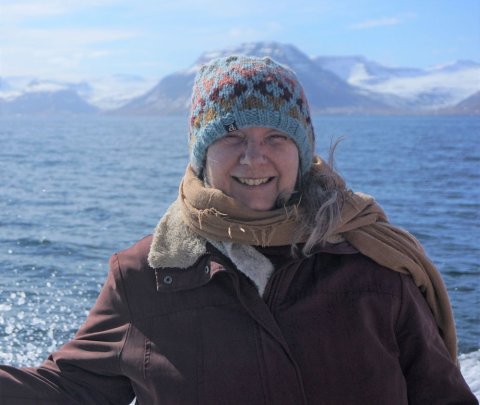Here below you can find all master courses the University Centre offers. All courses are taught in 1-3 week modules running from August through June. See how the courses are organised in the teaching schedule for both programs. Usually 2-3 courses are taught at the same time, but students may only enroll in one course at a time.
The master courses are available to you whether you plan to pursue a degree or just take a course or courses. Please review the options for guest studies to determine how you can apply.
For further information, contact the Administrative Director of Education and Teaching.
Adaptation Planning
- Summer 2024
- Next course: 27. May - 07. June 2024
- CMM/CRD Elective Course | 4 ECTS
- Course:CMM16
- Instructor: Dr. Patricia Manuel
About the course
Climate change adaptation is a rapidly evolving field in coastal and marine management. Coastal armouring was once the ‘go to’ approach for protecting communities, land uses and infrastructure from coastal flooding and erosion, but climate change is making us rethink our ‘defense’ mentality in occupying the coastal zone. In this course, we explore the impacts of climate change on coastal regions and consider new opportunities to redefine our relationship with the coast. We use lectures and seminars and work in small teams and individually to learn about adaptation strategies and tools, and study and critique adaptation approaches in select coastal regions and communities, including the communities of Ísafjarðarbær.
Instructor
is a Professor of Planning in the School of Planning, Dalhousie University, Halifax, Nova Scotia, Canada and is cross-appointed to the Dalhousie School of Occupational Therapy. She is also a licensed professional planner (LPPNS) and member of the Atlantic Planners Institute and the Canadian Institute of Planners and serve as a director of the Licensed Professional Planners Association of Nova Scotia and Coastal Zone Canada Association.
As a geographer and environmental planner, she teacheas broadly in community and environmental planning and conducts applied research in multidisciplinary teams on climate change adaptation, wetland and watershed planning, and marine spatial planning.
Patricia's current research includes investigating barriers to and opportunities for nature-based adaptation in coastal regions, social vulnerability and climate change, community-based engagement in marine spatial planning, the intersection of community planning and marine spatial planning, and integration of local and traditional knowledge in marine resource decision-making. Students conduct research and work in internships in all these areas under my supervision and benefit from being part of the research groups.

Learning outcome
The course examines challenges that coastal cities and towns may face in light of predicted future climatological changes, and strategies they can use to prepare for impacts that such changes may have. Particular emphasis is placed on the potential needs of vulnerable and resource constrained populations, and the ways in which local government and community-based activities can achieve equitable levels of climate-readiness.
On completion of the course, a student:
- has the ability to identify challenges that coastal cities, towns and remote regions are confronted with in light of predicted future sea-level changes.
- has the ability to indicate appropriate strategies for preparing for the impacts of climate change and sea-level rise.
- has demonstrated the ability to critically evaluate scientific literature and research on the topic, including land use decision-making simulations and group work on local planning projects.
- has the ability to present findings through writing of scientific manuscripts related to specific topics.